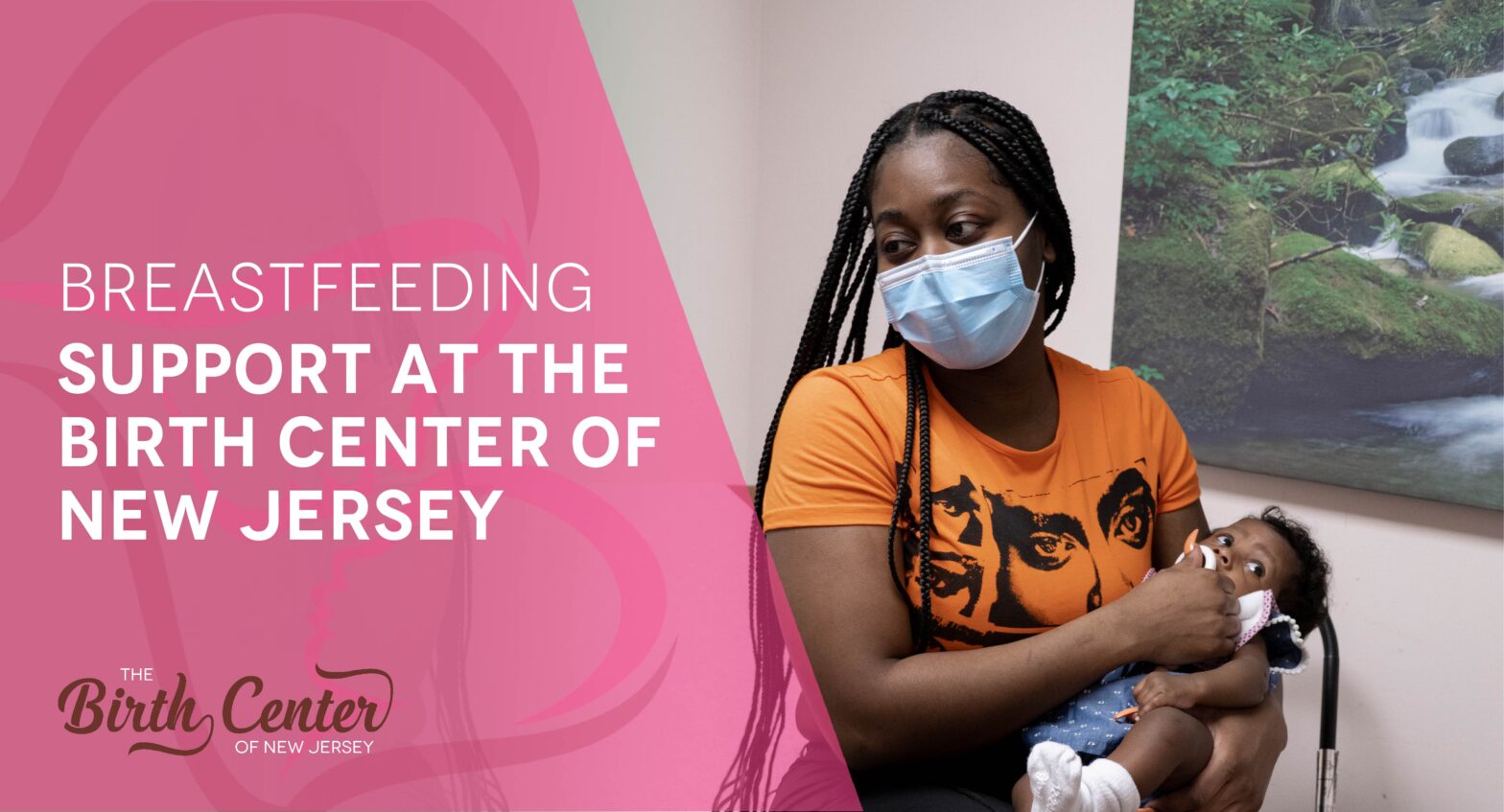Breastfeeding Support at the Birth Center of New Jersey
Breastfeeding is integral to parent-child bonding in the first hour after birth. It not only benefits the baby by providing them with essential nutrients and hydration soon after birth, but it also gives the mother an important moment to share something personal and beautiful with their baby.
Babies often find their way to the breast naturally, and we try not to interrupt that process. However, sometimes babies can have problems latching. It can make breastfeeding a little difficult. This is where breastfeeding support comes in.
Is Breastfeeding Important?
Yes! Breastfeeding has several benefits for the mother and the baby.
Benefits for the baby include:
- It’s the best source of nutrition for the baby! Breastmilk makes for easy digestion in the baby’s gut. It also carries all the essential nutrients and minerals to help your baby grow. Even as your baby grows, breastmilk changes to adapt to your baby’s requirements.
- It may help protect babies from illnesses such as asthma and diabetes type 1.
- Antibodies present in breast milk can help protect the baby from infections.
- It is available all the time, at the ideal temperature for the baby.
Benefits for the mother include:
- It may help manage some pregnancy weight gain.
- Reduces the risk of illnesses, such as breast cancer.
- It acts as a natural contraception method for a while.
- It helps save time and money that you would spend on formula.
What Are Common Issues with Breastfeeding?
Breastfeeding is natural, but some mothers may experience difficulty feeding their children, which is completely normal. Some common breastfeeding challenges include:
1. Poor Latch
Sometimes your baby might not latch to the nipple properly. This will prevent your baby from feeding adequately and will also make the process painful for you.
2. Low Supply
Several reasons may cause a lesser amount of breastmilk than is required for your baby to feel full. This can be due to problems in positioning or an internal problem (such as illness or stress).
3. Cracked Nipples
You can develop sore or cracked nipples due to improper latching or feeding from the same breast repeatedly.
4. Breast Engorgement
Sometimes your breasts may feel abnormally full and swollen. This can be due to infrequent or restrictive feeding.
5. Mastitis
Sometimes the milk ducts in your breast can become swollen and infected. This condition is known as mastitis. It’s painful and requires proper treatment before you can start feeding again.
What if I am having trouble with breastfeeding?
We’re here to help if breastfeeding isn’t going well for you. After the initial feeding, we discuss feeding plans for the next 24 hours and the coming days.
We share our contact information so parents know how to reach out. We try to give the parents as much information as possible, which helps them identify what’s normal and when to seek help from a professional.

